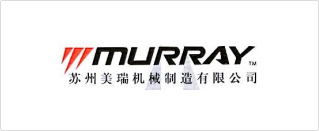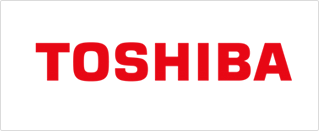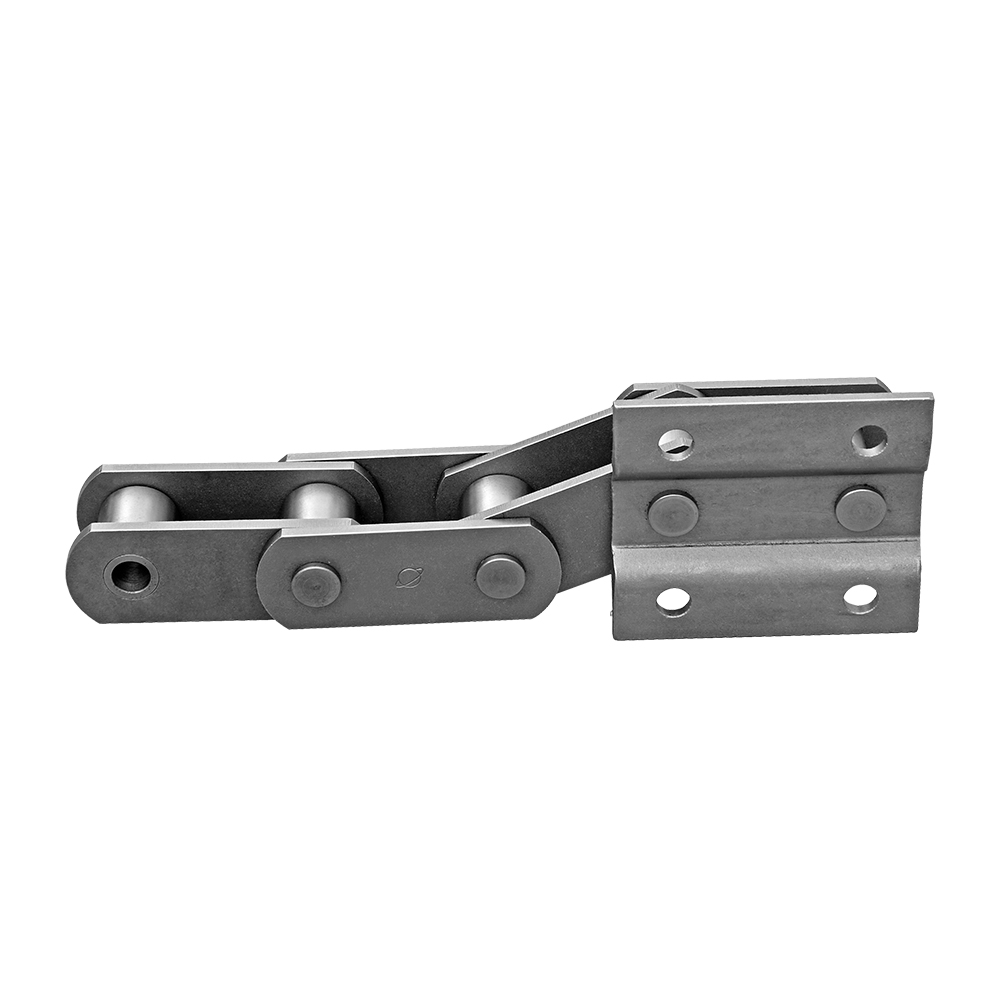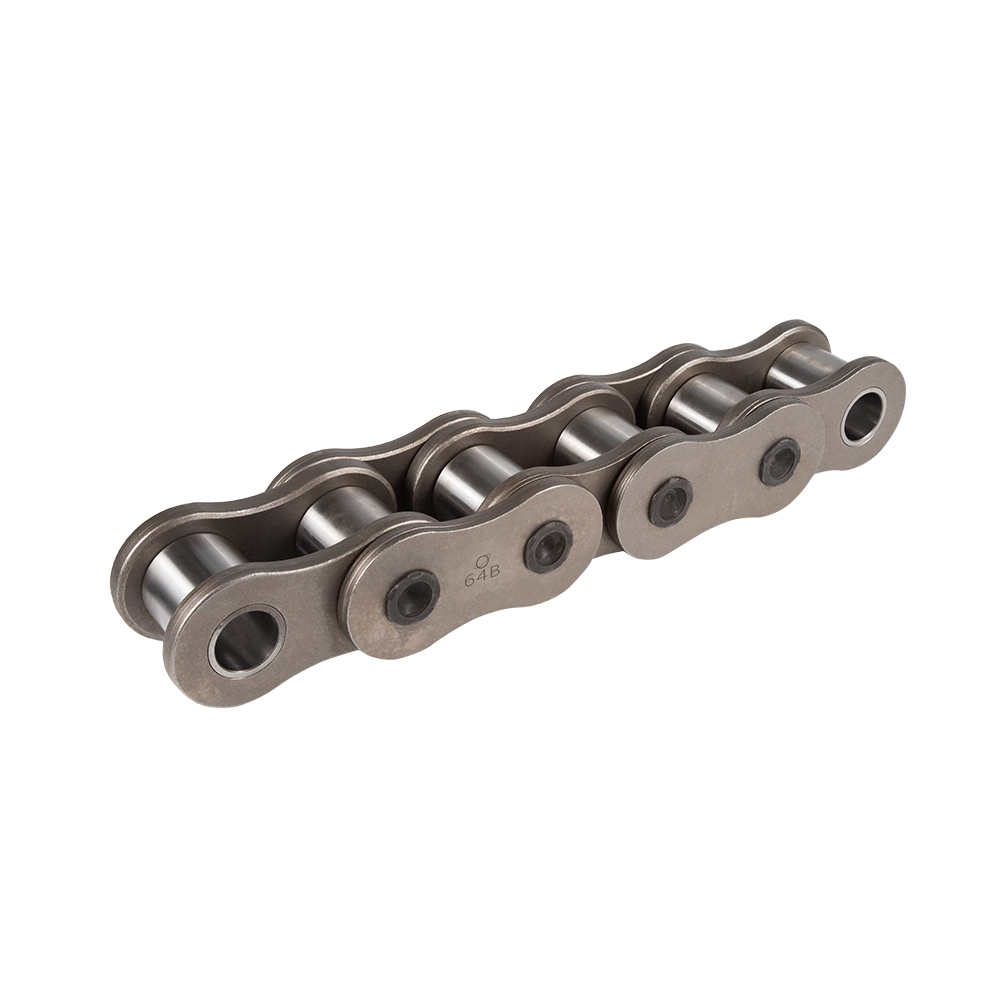Leading
Conveyor Chain
Manufacturer
Home » Conveyor Chain Manufacturer





Custom Your Conveyor Chain
Universal Chain is a manufacturer specializing in the production of high-quality conveyor chains. Its product lines cover inch, metric, double pitch and special pitch series. By adding one or more levels of accessories, our conveyor chains can be widely used in horizontal conveying, slope conveying and lifting conveying to meet the conveying needs of different industries.
Our chains have performance characteristics such as high strength, high fatigue, high wear resistance, impact resistance and long life. We are committed to providing customers with personalized conveyor chain solutions, developing and producing special conveyor chains of various designs and sizes, fully compliant with DIN and ISO standards.
Featued Conveyor Chains
When the chain is transporting materials, the side rollers will guide the direction, carry the load and run in contact with the corresponding guide rails. Mainly used in golf curve conveyors.
The chain is mainly used for load-bearing and conveying materials, and also has the function of collecting and releasing.
The chain adopts high-quality materials and advanced processing technology, and the product has the characteristics of smooth conveying and high synchronization.
The palm chain adopts the optimized design of the reinforced chain plate, the pin, the bush and the roller are hardened, and the special grease is applied, so that the chain has the quality characteristics of high strength, impact resistance and wear resistance.
Sugar machine chains by Universal Chain cover transmission, lifting & conveying in sugar production. Tough, wear/corrosion-resistant materials & heat treatments ensure quality.
This type of chain can realize the synchronous operation of the chain and the material, that is, conveying while entraining belt-like items. Widely used in textile machinery.
Features & Benefits
Versatile Series
Includes Imperial, Metric, Double Pitch, and Special Pitch chains, adaptable with various attachments for expanded functionality across different conveyor systems.
Wide Application
Suitable for horizontal, inclined, and vertical conveyance, serving industries like logistics, packaging, food processing, forestry and papermaking and more.
High Strength
Designed to withstand heavy loads and harsh environments, ensuring durability and reliability.
Fatigue and Wear Resistance
Engineered to endure continuous operational stress and minimize wear, extending the lifespan of the chains.
Impact Resistance
Built to absorb shocks, maintaining performance under high-impact conditions.
Customized Solutions
Offering tailored conveyor chain solutions meeting DIN and ISO standards, suitable for specific industry needs and operational requirements.
Why Choose Us
Quality Control
Global Chain has advanced large-tonnage inspection and testing equipment and excels in quality control, ensuring that each conveyor chain is rigorously evaluated for strength and durability. In addition, a powerful product quality traceability system can achieve full tracking from production to delivery, ensuring accountability and transparency, giving customers confidence in the integrity and quality of the product.
Customized Services
Universal Chain excels in providing tailored solutions to meet the unique needs of various industries. With a wide range of chain types and configurations, including options for specialized attachments, Universal Chain can develop custom conveyor chain solutions that enhance functionality and efficiency for your specific applications.
Sustianable Development
Universal Chains is proud to be certified as a “National Green Factory,” prioritizing resource efficiency and employing innovative technologies like water recycling to optimize water usage during production.
We Love Our Clients





Application
Food processing and packaging
Cement Manufacturing
Agricultural Machinery
Engineering Machinery
Logistics and Transportation
Metallurgical Mining
Application
Packaging Machinery
Palm oil production
Forest Papermaking
Port Machinery
Logistics and Transportation
Environmental protection
Food Industry
Photovoltaic equipment
Construction machinery
Automobile assembly
Related Products
Custom Your Conveyor Chain
Explore Universal Chains today – your premier partner for conveyor chain manufacturer, driving efficiency and sustainability in every link!
Frequently Asked Questions
How do you identify a conveyor chain?
Identifying a conveyor chain typically involves examining its structure, size, and design. Conveyor chains are characterized by their repeating link units connected by pins or rivets. They often have attachments or rollers for specific applications. Additionally, conveyor chains are usually larger and sturdier compared to other types of chains, designed to withstand the demands of industrial conveying systems.
What are the specifications of a conveyor chain?
Conveyor chain specifications encompass various factors crucial for selecting the right chain for a specific application.
- Pitch: determining the distance between chain pins or rollers.
- Width: Influencing the size and weight capacity of the conveyor.
- Strength: indicating the maximum load capacity or tensile strength
- Material: The material composition of the chain, such as stainless steel, carbon steel, or plastic, chosen based on factors like corrosion resistance and durability.
- Attachments: such as extended pins or rollers tailored to specific conveying needs
- Coating: Optional coatings or treatments to enhance characteristics like corrosion resistance, wear resistance, or lubrication.
How many types of conveyor chains are there?
There are several main types of conveyor chains: Hollow pin conveyor chain; Solid bearing pin chain; Conveyor chain(M series); Double plus speed chain; Wood conveyor chain; Sharptop chain; Sugar machine chain and more.
How do you measure a conveyor chain?
To measure a conveyor chain, you need to determine the pitch (distance between pin centers), roller diameter, roller width, plate thickness, plate height, pin diameter, and overall width. Use calipers to precisely measure each of these dimensions, being careful to capture any variations like differing inner and outer plate thicknesses or heights. Having accurate measurements of all these components allows you to properly identify the chain size by matching to manufacturer specifications or standards like ANSI, ISO, or DIN for replacement or design purposes.
Ready to Order Conveyor Chains?
Rest assured, your information is safe with us. We're dedicated to providing you with top-quality conveyor chains and excellent customer service. Place your order with confidence - your satisfaction is guaranteed!
Blog: How to Identify a Conveyor Chain
Picture this… you’re standing in a factory, a farm, or maybe even a steel plant.
Everything around you is moving smoothly, and you’re wondering—what’s making it all work?
The answer is conveyor chains. These hardworking links are behind the scenes, carrying the weight—literally.
Choosing the right one is key to keeping your operation running without fail.
What’s a Conveyor Chain?
Think of a conveyor chain as the backbone of material handling.
It’s made up of metal links that connect, creating a path to move items from one point to another.
You see them in industries everywhere—agriculture, rubber production, paper plants, you name it.
At Universal Chain, we’ve got options for almost every job, from hollow pin conveyor chains to grain scraper conveyor chains.
Each type has its purpose, and getting the right one can make your equipment more efficient and reliable.
Conveyor Chain Types You Might Need
Not every chain works for every situation, but that’s a good thing because you’ve got choices.
- Grain Scraper Conveyor Chains: These handle bulk materials like grain and sand with ease.
- Top Roller Conveyor Chains: Perfect when you need smooth, low-friction movement for things like bottles or boxes.
- Hollow Pin Conveyor Chains: Need custom attachments? This chain’s got you covered.
- Wood Conveyor Chains: Built tough for moving lumber and other heavy materials.
- Palm Oil Chains: Engineered to withstand the heavy-duty demands of the palm oil industry.
For a full breakdown of options, check out our guide on types of conveyor chains.
How Do Conveyor Chains Work?
The concept is simple but genius.
The chain links connect with sprockets to create smooth, controlled motion.
They evenly distribute the load, which reduces wear and keeps everything moving efficiently.
This setup works for both light loads and heavy-duty jobs, depending on the chain you choose.
Where Will You Find Conveyor Chains?
Conveyor chains show up in all kinds of places, quietly making everything easier.
On farms, they’re moving hay bales and grain from one spot to another.
In factories, they’re powering assembly lines and transporting materials.
Steel plants rely on them to handle extreme loads, while lumber yards depend on their strength for moving timber.
Want to know more about their uses? Here’s a complete guide on what conveyor chains are used for.
Measuring a Conveyor Chain
Here’s the deal: the right fit is everything when it comes to conveyor chains.
Start with the pitch—that’s the distance between two pin centers.
Next, check the width and thickness of the links.
Getting these measurements right ensures your chain will work seamlessly with your equipment.
Not sure how to maintain it? Read our tips on conveyor chain installation and maintenance.
Why Universal Chain?
At Universal Chain, we’ve been crafting conveyor chains for decades.
We’ve got solutions for industries big and small, whether you’re working in rubber production or running a palm oil plant.
Our products include everything from hanging conveyor chains to double-plus speed chains.
Each chain is designed to handle tough environments and demanding workloads.
You’re getting reliability, backed by our experience and quality standards.
Curious about where conveyor chain technology is heading? Explore future trends in conveyor chains to stay ahead.
If your operation depends on conveyor chains, getting the right one is essential.
Universal Chain has the expertise and the options to keep your equipment running smoothly.
Reach out today and let us help you find the chain that’s built for your job.







